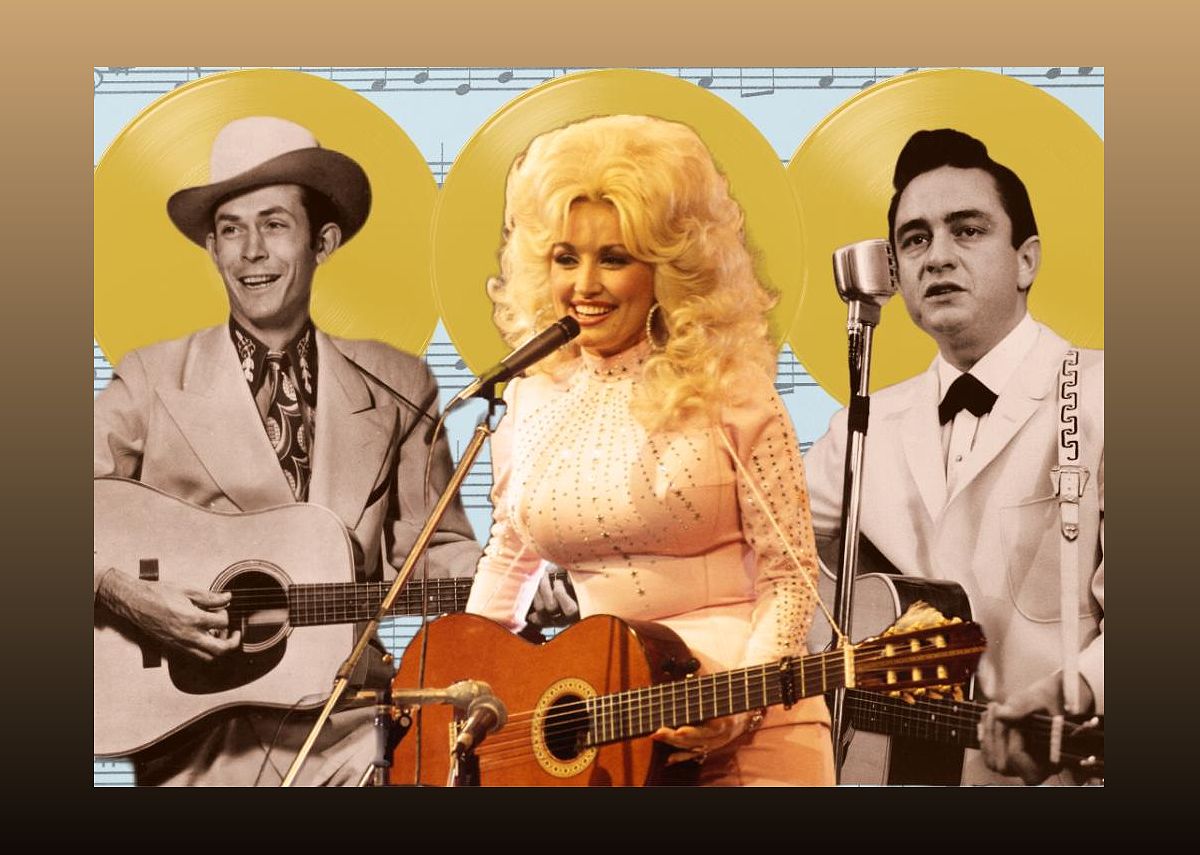Welcome to the captivating world of country music! In this article, we will take you on a journey through the evolution of this beloved genre, from its humble beginnings with Southern Appalachian fiddlers to the crossover icons who have made it a mainstay in popular culture. Join me as we delve into the diverse origins and timeless appeal of country music, exploring the influence of African American artists, the rise of collaborations, and the genre's ability to adapt and captivate audiences across generations.
The Roots of Country Music
Explore the origins of country music and its connection to Southern Appalachian fiddlers.
Country music traces its roots back to the early 1900s, with the emergence of Southern Appalachian fiddlers. These talented musicians played a key role in shaping the genre's distinctive sound, blending traditional European folk music with African American influences.
One of the pioneers of country music, Eck Robertson, made history in 1922 with his commercial recordings of songs like 'Sallie Gooden' and 'Arkansaw Traveler.' However, it was Fiddlin' John Carson who achieved the first country hit with his release of 'Little Log Cabin in the Lane' in 1923. These early country songs painted a nostalgic picture of simpler times as America underwent rapid urbanization.
But the story of country music's beginnings goes beyond these early recordings. African American artists played a significant role, particularly with the banjo, an integral instrument in country music. The banjo's roots can be traced back to enslaved Africans, and its incorporation into country music was influenced by minstrel and blackface acts.
Despite the deep segregation of the time, recording sessions in the 1920s and '30s often featured collaborations between white and Black musicians. For example, Jimmie Rodgers, known as the 'Father of Country Music,' joined forces with jazz legend Louis Armstrong for a memorable performance of 'Blue Yodel Number 9.' Another notable figure was DeFord Bailey, a harmonica player who became the genre's first Black country star.
The Evolution of Country Music
Discover how country music has evolved from fiddlers and bluegrass bands to encompass a wide range of styles and influences.
Over the past century, country music has undergone a remarkable evolution. From the early days of fiddlers and bluegrass bands, the genre has expanded to include cowboys like Hank Williams, crossover icons like Dolly Parton, and even outlaws like Johnny Cash.
In the 1990s, country music experienced a surge in popularity and reached the top of the charts with artists like Shania Twain and Garth Brooks. These crossover sensations blurred the lines between country and other genres, attracting a wider audience.
Today, country music continues to evolve and embrace new sounds and influences. Artists like Taylor Swift, Carrie Underwood, and Lil Nas X have pushed the boundaries of the genre, incorporating elements of pop, rock, and hip-hop into their music.
Country music's versatility and timeless appeal have allowed it to remain a beloved genre, captivating audiences with its heartfelt lyrics, catchy melodies, and relatable stories.
The Enduring Legacy of Country Music
Explore the lasting impact of country music and its ability to resonate with listeners across generations.
Country music's enduring legacy can be attributed to its ability to connect with listeners on a deep emotional level. The genre's lyrics often touch on universal themes of love, heartbreak, and the joys and struggles of everyday life.
Country music has also been a platform for storytelling, allowing artists to share personal experiences and narratives that resonate with audiences. Songs like Patsy Cline's 'Crazy' and Johnny Cash's 'Folsom Prison Blues' have become timeless classics, showcasing the power of storytelling in country music.
Furthermore, country music has influenced and inspired countless artists across different genres. Its impact can be seen in the work of musicians ranging from rock legends like The Eagles to contemporary pop stars like Ed Sheeran.
As country music continues to evolve and adapt to changing times, its enduring legacy is a testament to its ability to capture the essence of the human experience and create a sense of connection and belonging.

